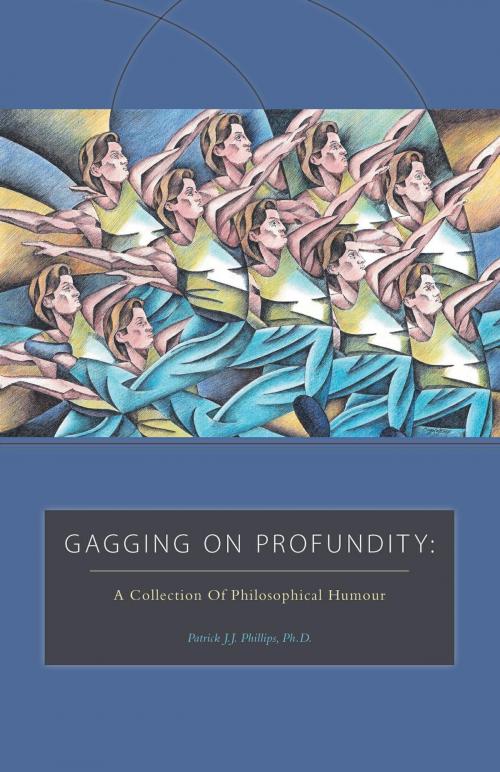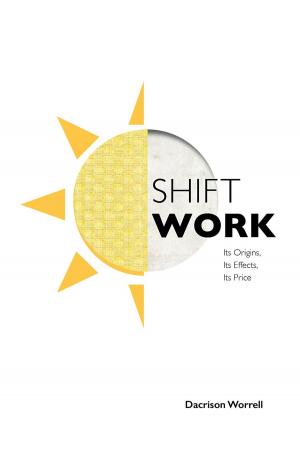Gagging on Profundity
A Collection of Philosophical Humor
Nonfiction, Health & Well Being, Self Help, Self Improvement, Motivational, Entertainment, Humour & Comedy, General Humour| Author: | Patrick J.J. Phillips. | ISBN: | 9781460221020 |
| Publisher: | FriesenPress | Publication: | April 25, 2013 |
| Imprint: | Language: | English |
| Author: | Patrick J.J. Phillips. |
| ISBN: | 9781460221020 |
| Publisher: | FriesenPress |
| Publication: | April 25, 2013 |
| Imprint: | |
| Language: | English |
“Humour of the philosophical pedigree can ‘bring us up short’, break us out of our commonplace acceptance, our slumber dogmatic, and require us to reassess what we thought we knew, or ask questions about that which had previously lain fallow in our thinking. Humour may awaken the ‘sleeping metaphors’ that all of us live by….” “The philosopher Sydney Smith (1771 – 1845) identified the salutary effect of humour on the human character … he comments, ‘A man might sit down systematically, and successfully, to the study of wit as he might to the study of mathematics ... by giving up only six hours a day to being witty, he should come on prodigiously before midsummer.’” The book contains over 300 entries from humourists, economists, scientists, psychologists and novelists on topics which include: reality, meaning, language, morality, politics, knowledge and truth. Also: a sampling of conventional philosophical humour from many different countries and traditions.
“Humour of the philosophical pedigree can ‘bring us up short’, break us out of our commonplace acceptance, our slumber dogmatic, and require us to reassess what we thought we knew, or ask questions about that which had previously lain fallow in our thinking. Humour may awaken the ‘sleeping metaphors’ that all of us live by….” “The philosopher Sydney Smith (1771 – 1845) identified the salutary effect of humour on the human character … he comments, ‘A man might sit down systematically, and successfully, to the study of wit as he might to the study of mathematics ... by giving up only six hours a day to being witty, he should come on prodigiously before midsummer.’” The book contains over 300 entries from humourists, economists, scientists, psychologists and novelists on topics which include: reality, meaning, language, morality, politics, knowledge and truth. Also: a sampling of conventional philosophical humour from many different countries and traditions.















